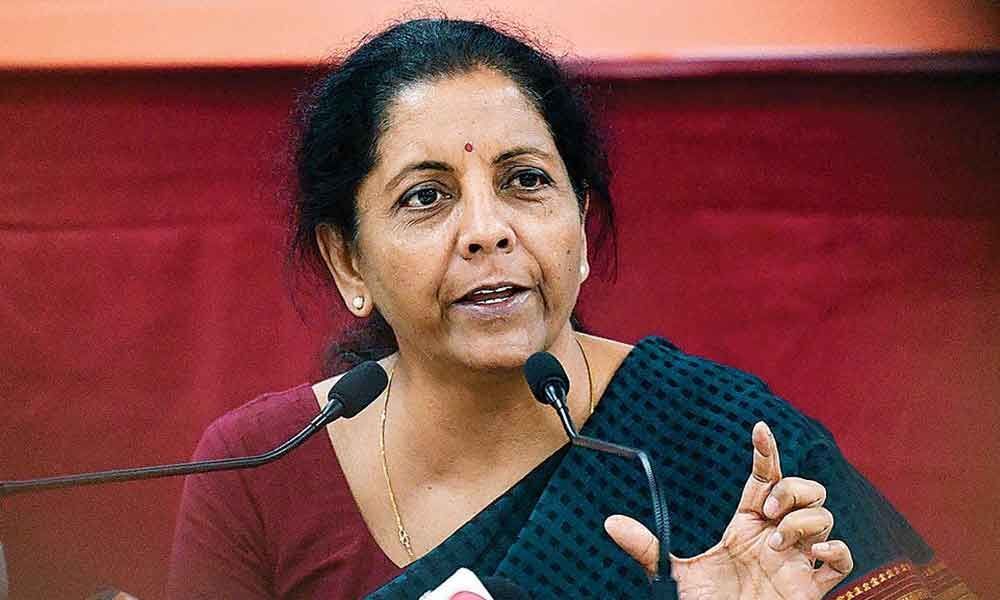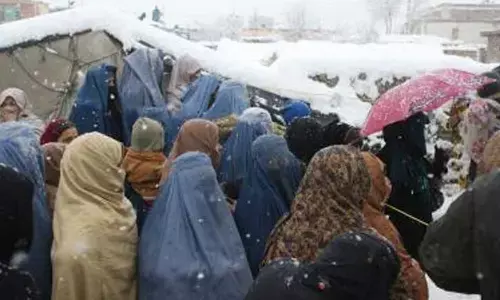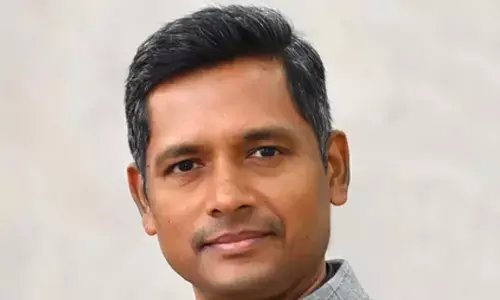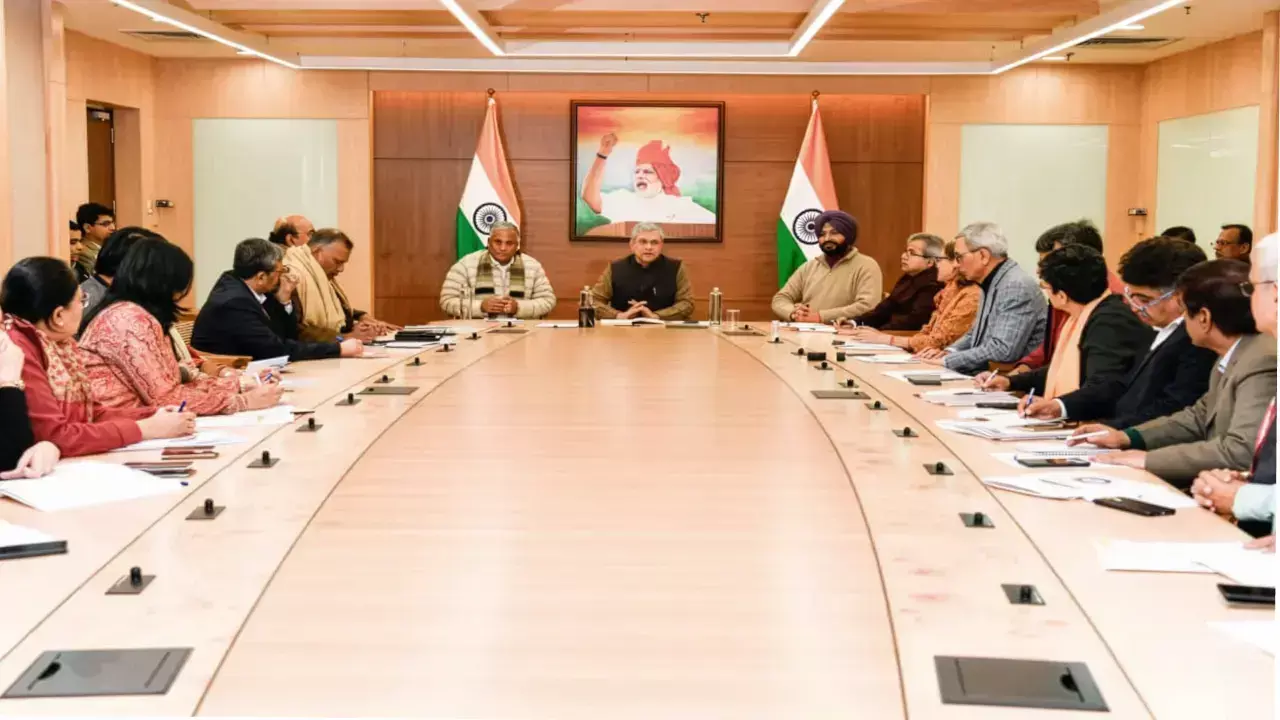Economic Survey: Retirement age set to rise due to higher life expectancy

The survey pointed out that this will also help plan in advance for pensions and other retirement provisions.
New Delhi: Rise in retirement age for most of India's working population from 60 years at present seems inevitable due to increase in life expectancy, according to the Economic Survey.
India's population is expected to grow under 0.5 per cent during 2031-41 due to the decline in fertility rate and an increase in life expectancy, according to the survey.
"Since an increase in the retirement age is perhaps inevitable, it may be worthwhile signalling this change well in advance – perhaps a decade before the anticipated shift – so that the workforce can be prepared for it," the Economic Survey for 2018-19, tabled in Parliament by Finance Minister Nirmala Sitharaman said on Thursday.
The survey pointed out that this will also help plan in advance for pensions and other retirement provisions.
Given that life expectancy for both males and females in India is likely to continue rising, increasing the retirement age for both men and women going forward could be considered in line with the experience of other countries, it added.
Due to ageing population and increasing pressure on pension funding, many countries have begun raising the pensionable retirement age.
The economic survey said demographic projections show that India's population growth will continue to decline over the next two decades, growing less than 1 per cent during 2021-31 and under 0.5 per cent during 2031-41.
"Such population growth rates would be close to the trend currently seen in countries such as Germany and France. In fact, with total fertility rates (TFR) projected to fall well below replacement level fertility by 2021, positive population growth in the next two decades will be due to population momentum and the continued rise in life expectancy," it added.
At present, TFR of 2.1 children per woman is called the replacement level fertility, which is the average number of children a woman would need to have in order for the population to replace itself. TFR is now below replacement level fertility in 13 out of the 22 major states.
In fact, TFR has reached as low as 1.6-1.7 in states such as Delhi, West Bengal, Tamil Nadu, Andhra Pradesh, Telangana, Punjab and Himachal Pradesh, it added. It also remarked that even high fertility states such as Bihar, Jharkhand, Rajasthan, Madhya Pradesh, Chhattisgarh, Uttar Pradesh and Uttarakhand have seen a sharp decline in TFR over the years.
The survey pointed out that with TFR reaching low levels and longevity continues to increase, India's population at the national level and in several states will begin ageing significantly in just a decade from now.
These developments suggest that India has entered the next stage of demographic transition with population growth set to slow markedly in the next two decades along with a significant increase in the share of working-age population, the survey said.
"Although the country as a whole will enjoy the 'demographic dividend' phase, some states will start transitioning to an ageing society by the 2030s. A surprising fact is that population in the 0-19 age bracket has already peaked due to sharp declines in total fertility rate (TFR) across the country," it added.
As per the survey, the working-age population will grow by roughly 9.7 million per year during 2021-31 and 4.2 million per year in 2031-41.
The share of India's young, i.e. 0-19 years, the population has already started to decline and is projected to drop from as high as 41 per cent in 2011 to 25 per cent by 2041.
On the other hand, the share of elderly, 60 years and above, the population will continue to rise steadily, nearly doubling from 8.6 per cent in 2011 to 16 per cent by 2041.
The economic survey highlighted that these changes in India's demography will also have implications such as the proportion of elementary school-going children will witness significant declines, fall in hospital beds and an increase in retirement age.
The survey said the projected population and age-structure over the next two decades has several implications for policy, including the provision of health care, old-age care, school facilities, access to retirement-related financial services, public pension funding, income tax revenues, labour force and labour participation rates, and retirement age.
"The number of school-going children in India will decline by 18.4 per cent between 2021 and 2041. This will have very important social and economic consequences," the survey said. It added that contrary to popular perception, many states need to pay greater attention to consolidating/merging schools to make them viable rather than building new ones.
The survey said policymakers need to prepare for ageing. "This will need investments in healthcare as well as a plan for increasing the retirement age in a phased manner," it added.
If India's hospital facilities remain at current levels, rising population over the next two decades (even with slowing population growth rates) will sharply reduce the per capita availability of hospital beds in India across all major states, the survey said.















